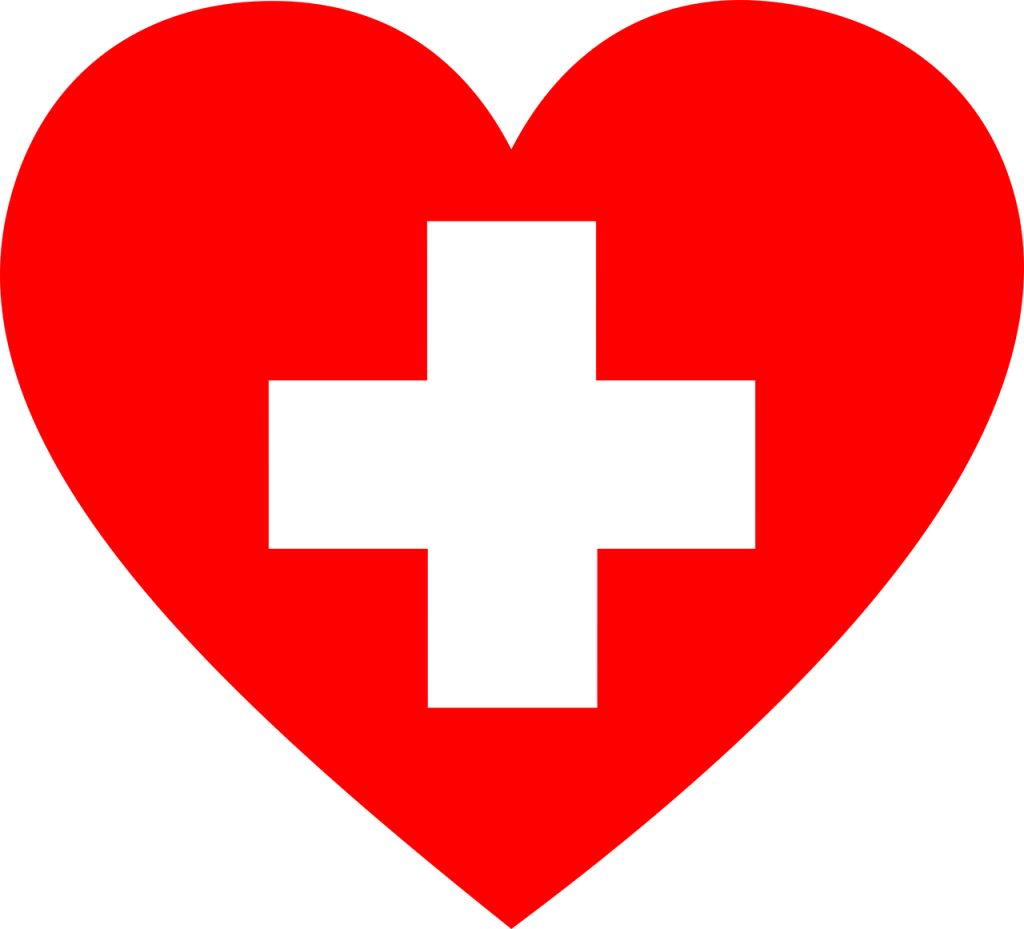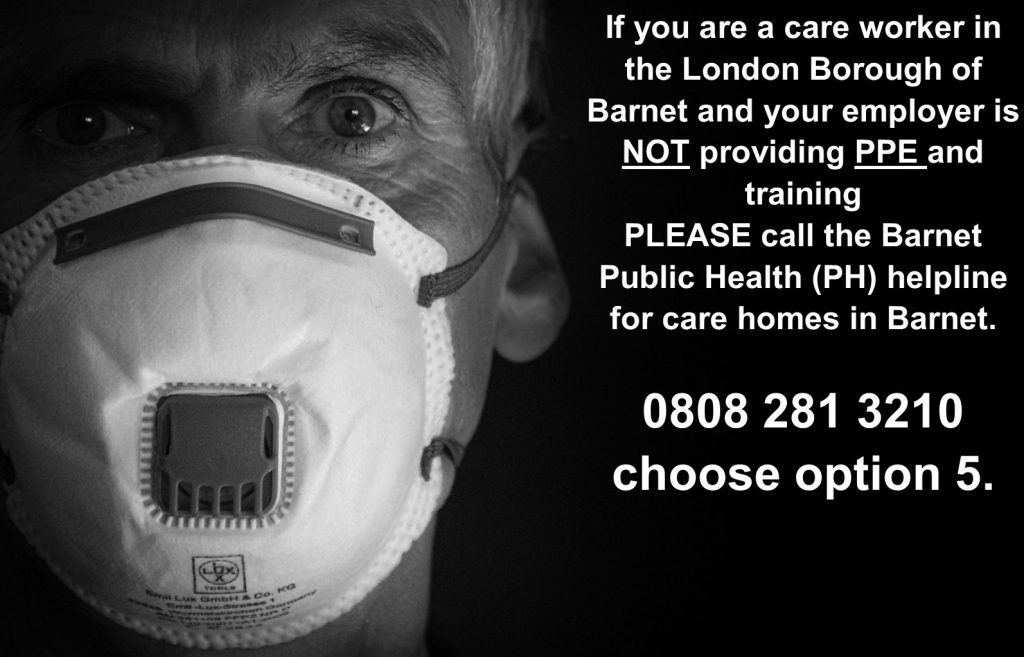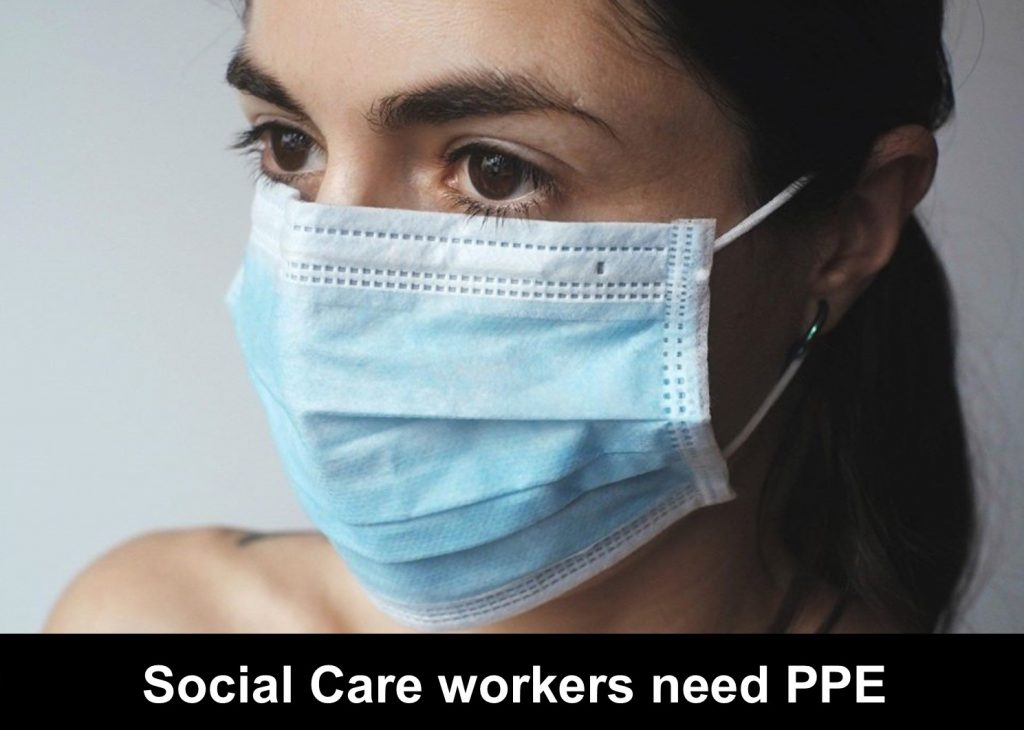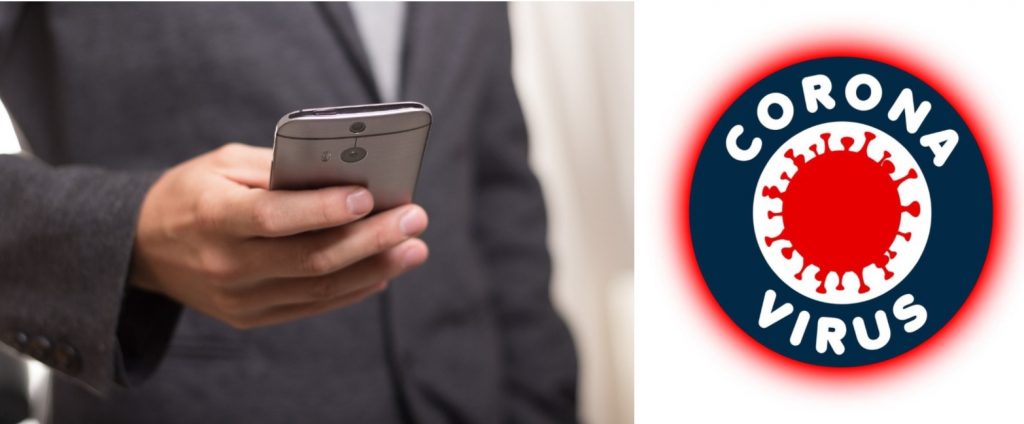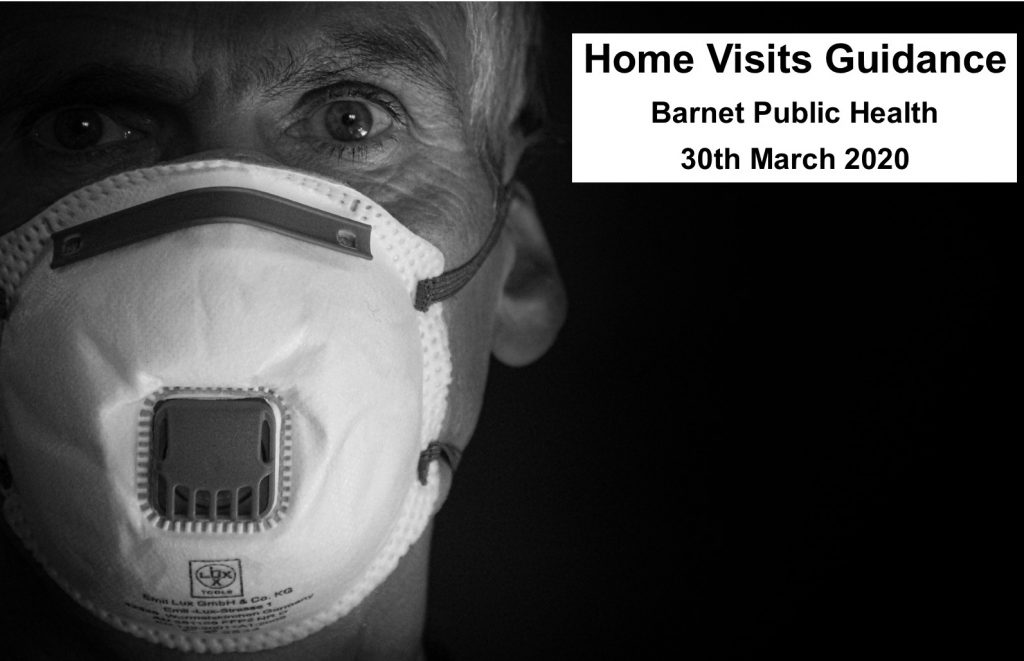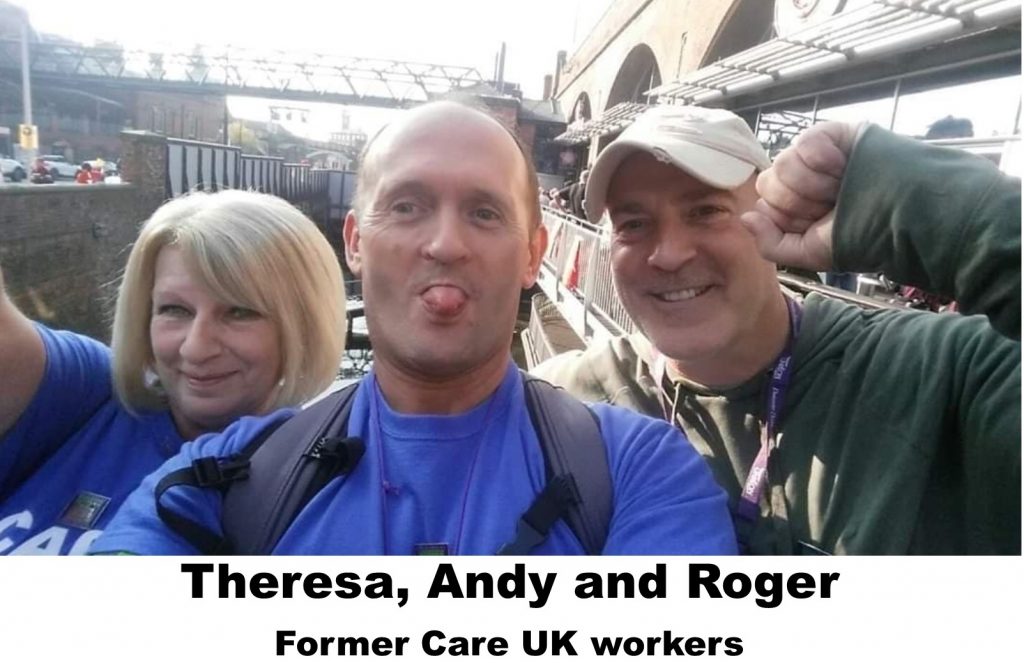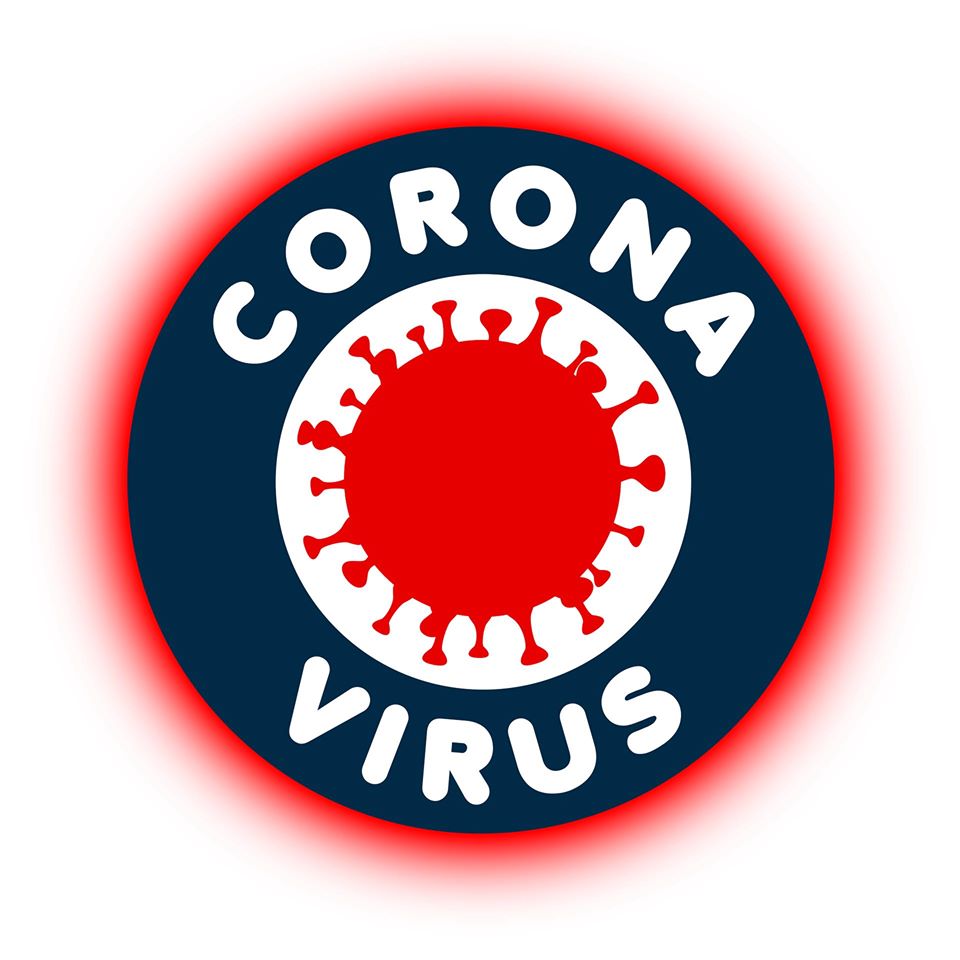
Recommended PPE for primary, outpatient, community and social care by setting, NHS and independent sector
https://assets.publishing.service.gov.uk/government/uploads/system/uploads/attachment_data/file/878750/T2_poster_Recommended_PPE_for_primary__outpatient__community_and_social_care_by_setting.pdf
Date: 14 April 2020.
The PPE guidance takes you to a table showing the types of PPE you need depending on your workplace.
For staff working in care homes you need to read to look at the fourth column down on the left entitled:
“Community and social care, care home, mental health inpatients and other overnight care facilities e.g. learning disability, hospices, prison healthcare.”
If you look at the guidance it states:
- Disposable gloves : Single use
- Disposable plastic apron: Single use.
- Fluid-resistant (Type IIR) surgical mask: Sessional use.
- Eye/face protection: Risk assess sessional use.
What do they mean by eye/face protection?
- This may be single or reusable face/eye protection/full face visor or goggles
What do they mean by Single Use?
“4.Single use refers to disposal of PPE or decontamination of reusable items e.g. eye protection or respirator, after each patient and/or following completion of a procedure, task, or session; dispose or decontaminate reusable items after each patient contact as per Standard Infection Control Precautions (SICPs).”
What do they mean by Sessional use?
“5.A single session refers to a period of time where a health care worker is undertaking duties in a specific care setting/exposure environment e.g. on a ward round; providing ongoing care for inpatients. A session ends when the health care worker leaves the care setting/exposure environment. Sessional use should always be risk assessed and considered where there are high rates of hospital cases. PPE should be disposed of after each session or earlier if damaged, soiled, or uncomfortable.”
What do they mean by risk assess?
“8. Risk assessed use refers to utilising PPE when there is an anticipated/likely risk of contamination with splashes, droplets or blood or body fluids.”
For more details click on link to Government web site below
(Source: https://assets.publishing.service.gov.uk/government/uploads/system/uploads/attachment_data/file/878750/T2_poster_Recommended_PPE_for_primary__outpatient__community_and_social_care_by_setting.pdf )




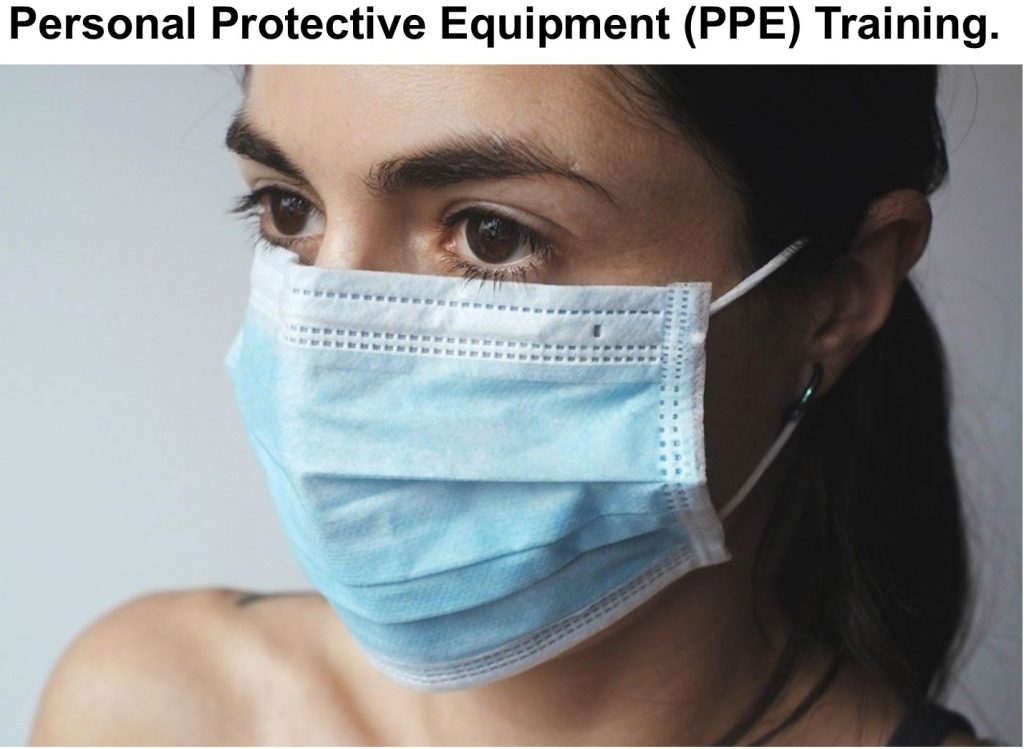 It is really important that all staff have training as to how to put on PPE and to take it off.
It is really important that all staff have training as to how to put on PPE and to take it off.